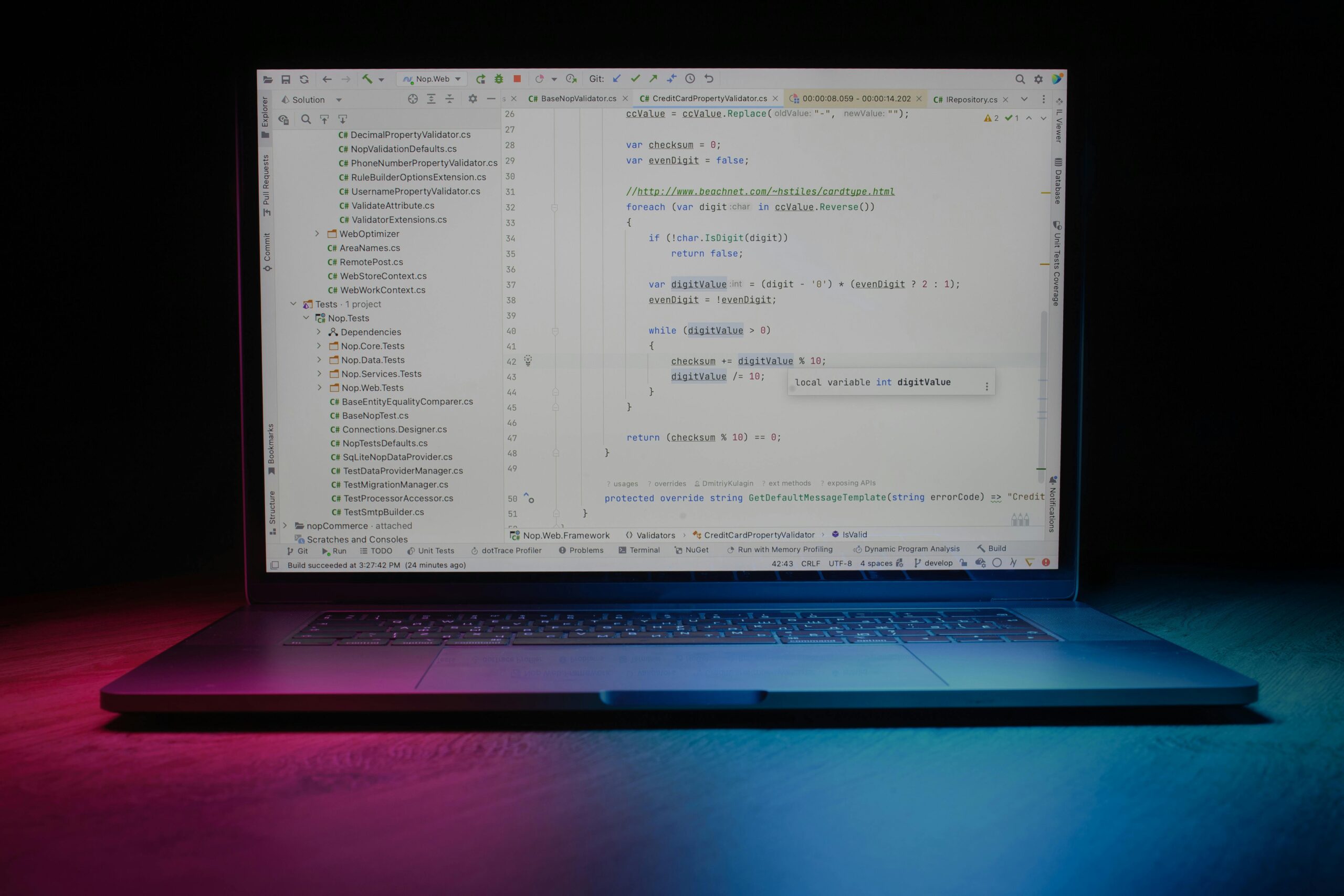 Back in 1991, my mom had basically nothing...
Back in 1991, my mom had basically nothing...
She had "hit the reset button" on her wealth after she and my father divorced. She was unemployed. The odds were stacked against her.
She did have one thing working in her favor, though.
You see, my mom had studied as an accountant. And she didn't intend to stay broke for long.
If she made the right choices – if she put her money in the right investments – she knew she'd be on the path to generational wealth.
A lot has changed since then. My mom has never had a six-figure income... And yet, today, she's a millionaire. Her early stock investments have returned as much as 3,400%.
That's right. My mom beat 90% of all money managers over that time frame. She never has to worry about money again.
To say I'm in awe would be an understatement.
Meanwhile, most investors today are terrified. And they're right to be. Frankly, I'm worried for them.
 So many people I speak with are clinging to ridiculous 'rules' pushed by Wall Street...
So many people I speak with are clinging to ridiculous 'rules' pushed by Wall Street...
These rules are sending folks down a path of destruction.
You're probably familiar with some of them... like the "100 minus your age" rule, which is supposed to determine how much you invest in stocks versus bonds.
According to the logic, you subtract your age from 100, and that's how much money should go into stocks. The rest, you put into the bond market.
So if you're 60, about 40% of your money should be in stocks. If you're 70, it's 30%.
This is a terrible rule. I'll show you why...
Let's say you're 55 years old, with $500,000 to invest. According to this rule, you'd put 45% ($225,000) into stocks and the rest into bonds.
If you followed this rule for the past 15 years, you'd have missed out on growing the rest of your portfolio from $275,000 to more than $1 million through U.S. equities.
It's not just this one rule, either. According to Vanguard, the average 70-year-old with $500,000 to invest has likely lost out on $130,400 in stock gains over the past five years.
And they could miss out on more than a million dollars over the next decade.
 After years of watching my friends and family follow the so-called 'experts,' I'd had enough...
After years of watching my friends and family follow the so-called 'experts,' I'd had enough...
Time and again, Wall Street and the financial media issue the exact wrong advice on what to buy... how much to buy... and when to sell.
I've watched people I care about miss out on far too much money. And I knew there had to be a better way.
So I created an approach so simple, anyone can do it – whether you're brand new to investing or have an advanced economics degree.
I call it the "3-Stock Secret." As you can tell from the name, it involves just three investments... that's it.
The first, I call "The World's Greatest Stock Fund." It allows you to own some of the world's best businesses... and potentially earn outsized gains in the coming years.
The other two investments are designed to supplement your holdings. The "Better Than Cash" investment helps shield you from the whims and volatility of the stock market.
And the "Banker's Reserve" exists to compound your wealth, even when stocks are falling. It offers robust yields through dividend income.
This is my cheat-sheet for folks to grow their wealth – like my mom, who has made more than 3,400% since she first began using this secret years ago.
I do the same... employing the 3-Stock Secret for a significant chunk of my own investments.
So does Rob Spivey, Altimetry's director of research. (He has doubled his entire retirement portfolio over the past three years.)
 Fear is our net worth's worst enemy...
Fear is our net worth's worst enemy...
It steers us toward what we perceive as "safer" investments. In reality, we just end up leaving a lot more money on the table.
The 3-Stock Secret is a way around all that uncertainty. You don't have to guess the market's next favorite stock. There's no need to worry about getting in (and out) at the exact right moment.
This is, without a doubt, one of my most powerful wealth-management tools. I've shared it with my closest friends and family members. Now, I'm sharing it with you. Get the details here.
And remember... Making the right choices for your portfolio doesn't have to be complicated.
It just takes discipline.
Regards,
Joel Litman
July 21, 2025



 Back in 1991, my mom had basically nothing...
Back in 1991, my mom had basically nothing...

